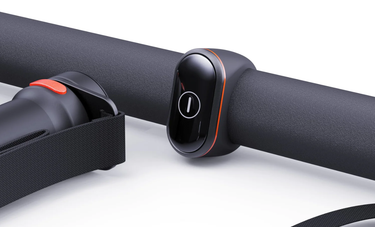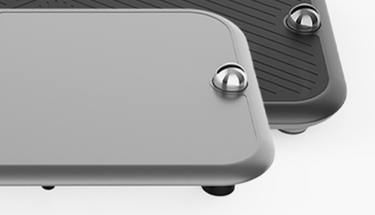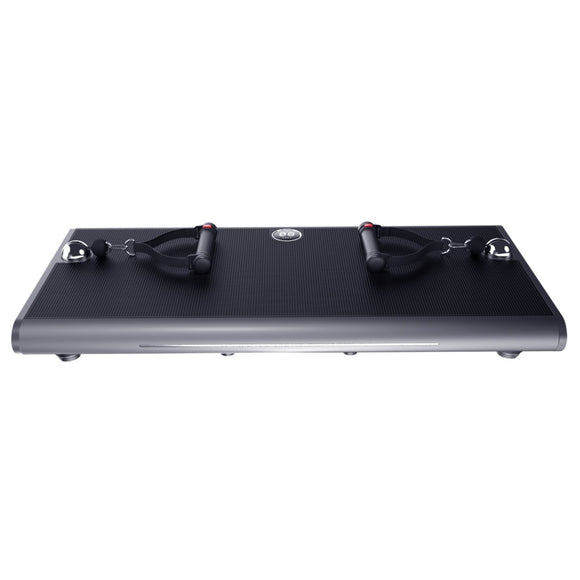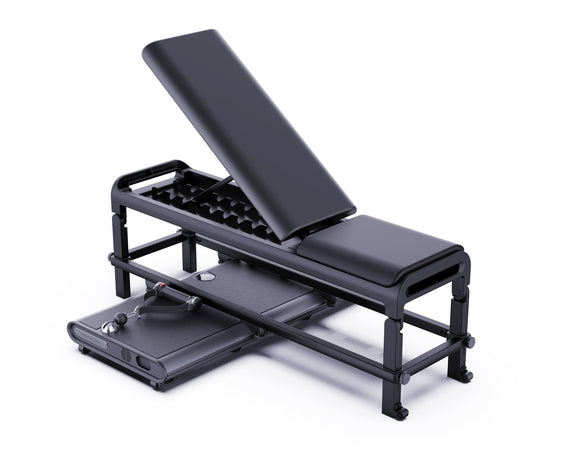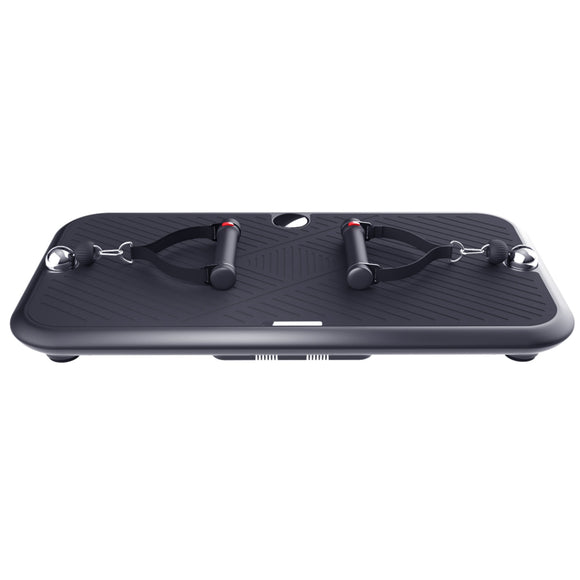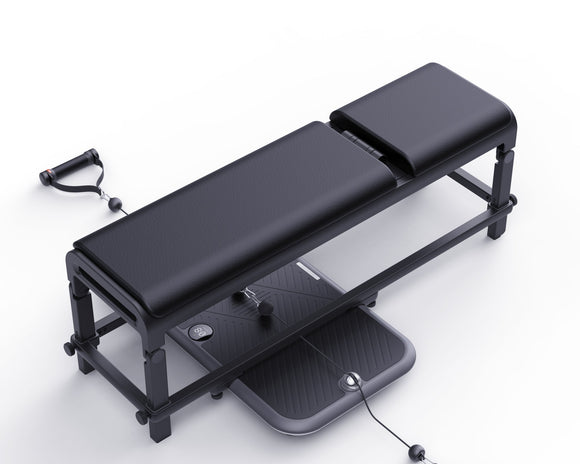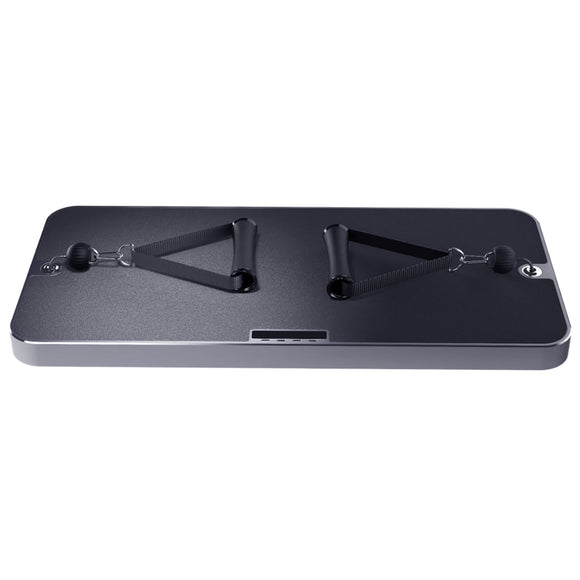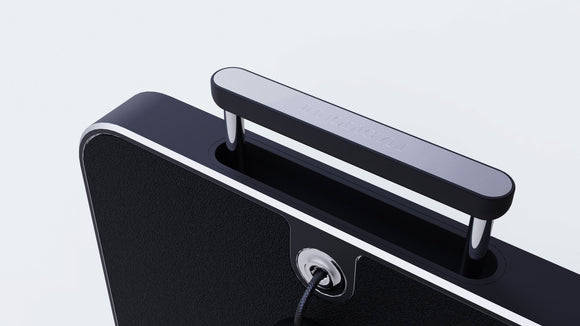How to Start Going to the Gym: A Beginner's Guide to Fitness Success
Use this text to share information about your store with your customers. Describe a product, share announcements, or welcome customers to your store.
Starting your gym journey can feel intimidating, but knowing how to start going to the gym in the right way makes a huge difference. For beginners, having a clear plan and setting realistic goals are essential steps toward building a successful gym routine. Here’s a guide to help you start strong and stay motivated.
1. Define Your Fitness Goals
Begin by defining your goals—whether it’s weight loss, muscle gain, improved stamina, or overall health. Having specific goals gives you direction and keeps you motivated. Knowing why you're going to the gym helps you stick with it, even on tough days.
2. Create a Realistic Schedule
Set a manageable schedule, aiming for 2-3 days a week initially. Start with short sessions of 30-45 minutes, gradually increasing as you become comfortable. Consistency is more important than frequency at the beginning, so find times that fit your lifestyle and energy levels.
3. Learn Basic Exercises
Familiarize yourself with basic gym exercises that target different muscle groups. Squats, lunges, push-ups, and rows are great foundational movements to learn. Many gyms offer introductory sessions to teach proper form, which is essential to avoid injury. If possible, consider working with a trainer for guidance.
4. Focus on Full-Body Workouts
For beginners, full-body workouts are highly effective. They allow you to train all major muscle groups in one session, making the most of your time in the gym. Aim to include exercises that cover upper body, lower body, and core in each workout.
5. Prioritize Warm-Up and Recovery
Starting each workout with a warm-up helps prepare your body and reduces the risk of injury. Finish with a cool-down and stretching routine to enhance recovery. Listening to your body and incorporating rest days into your week will keep you energized and prevent burnout.
6. Track Your Progress
Tracking your progress can be incredibly motivating. Use a fitness app or journal to note the weights, reps, and exercises you complete each session. Celebrate small achievements, like lifting more weight or lasting longer on the treadmill—it’s all progress!
Starting at the gym may feel challenging, but by following these steps, you’ll build a solid foundation. Remember, consistency and patience are key to transforming your gym visits into a rewarding habit.





